The Cat's Nose Is Dry, Is It Sick?
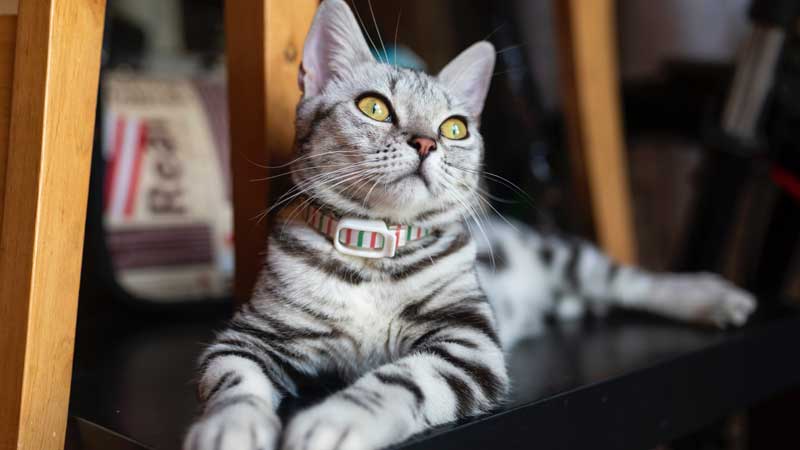
Best Answer:
The dryness and wetness of a cat's nose cannot be used to judge whether a cat is healthy or not, and the surrounding environment is also a major factor. It can only be said that this is a benchmark for judgment, but not the only indicator. Owners should not only observe the condition of the nose but also make a comprehensive judgment in combination with other conditions of the cat's body.
Cats' noses are more likely to dry out in hot, dry environments (such as hot summer days, or next to a heater in a room). When a cat has a cold, fever, runny nose, or constipation, the nose will be dry. In addition, many other diseases can also cause this symptom. Be sure to take the cat to the hospital for examination in time to understand the cause and then treat it.
A Cat's Nose
Your cat's nose is usually used to being chilly and wet when you engage with them. This is because cats naturally lick their noses and produce typical secretions on their nasal surface. A cat's ability to detect odors and locate their source is enhanced by having a wet nose.
Debunking The Myth
It's a widespread misconception that cats with cold, wet noses are healthy, while those with dry or warm ones are sick. Does a dry or warm cat's nose cause concern? No. Like many others, this myth's origin is unclear, although owners frequently identify it as a source of worry.
One hypothesis is that it may have begun when canine distemper was prevalent because one sign of distemper is hyperkeratosis, which causes the nose and footpads to thicken and become dry and cracked. However, a feline virus called Panleukopenia, which some people mistakenly refer to as feline distemper, is caused by a distinct virus. It does not frequently result in the same thickening of the snout or foot pads. That is why judging your cat's well-being using his nose is impossible.
The wetness, dryness, warmth, or coldness of a cat's nose can be considered normal. But some situations can hurt a cat's nose. And there are multiple factors for your cat's dry, warm nose that are unconnected to health, like:
• Your cat's nose is only momentarily dry because they were in a warm environment, such as being next to a furnace.
• A cat's nose is dry right after waking up is typical. This is merely a result of the cat not licking his nose while resting.
• Cats frequently lick their noses. Their nose may feel dry due to this reducing the natural moisture.
• Possibly a little dehydrated. Cats frequently don't consume as much water as their bodies demand throughout the day.
There is most likely nothing to be concerned about if your cat is usually healthy and has a warm or dry nose. Ensure that the nose is not flaky, crusty, raw, swollen, or gushing by checking it. Everything should be fine if the skin on your cat's nose appears normal and he is acting normally.
Nose Problems in Cats
The presence of other symptoms of illness, such as vomiting, diarrhea, tiredness, fever, decreased appetite, or others, may be observed in addition to a dry or warm nose. Regardless matter how your cat's nose feels, if you see any unusual symptoms, make sure to call your veterinarian.
A cat's nose might be unhealthy for a variety of medical conditions:
• Cats frequently contract upper respiratory infections (URIs), resulting in sneezing, nasal discharge, edema, crusting, and nose redness.
• A dry nose is a common sign of dehydration in cats. However, fatigue and appetite loss are usually present alongside dehydration.
• Skin diseases can cause crusty lesions to form on the skin, especially on the face and paws. Pemphigus foliaceus is a rare but deadly autoimmune illness.
• Lymphoma, sarcomas, and carcinomas are a few cancers that can damage a cat's nose. Long-term sun exposure can result in sunburn, which can cause the nose to become red, dry, scabby, or peeled.
References
- [1] ^ Martha Stewart: What Your Cat's Nose Can Tell You About Their Overall Health
You May Also Like
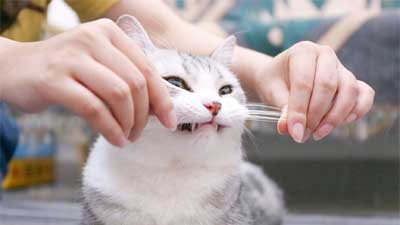 Help & AdviceHow Does Trimming A Cat's Whiskers Affect Cats?
Help & AdviceHow Does Trimming A Cat's Whiskers Affect Cats?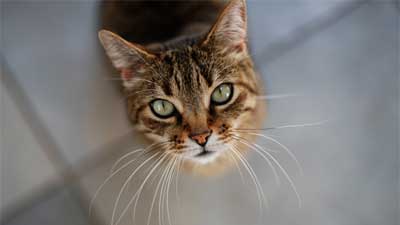 Help & AdviceCan A Cat's Whiskers Be Cut?
Help & AdviceCan A Cat's Whiskers Be Cut? Cat BehaviorWhat Colors Can A Cat's Eyes Distinguish?
Cat BehaviorWhat Colors Can A Cat's Eyes Distinguish?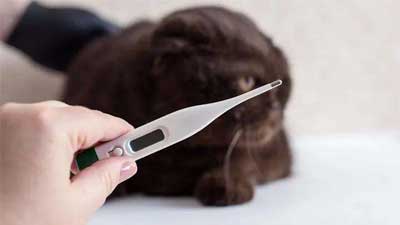 Cat HealthWhat Is The Normal Body Temperature Of A Cat?
Cat HealthWhat Is The Normal Body Temperature Of A Cat?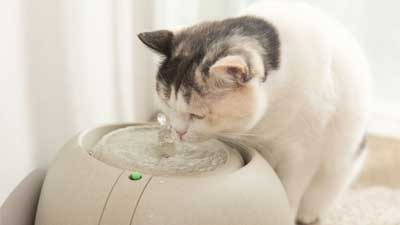 Cat BehaviorWhy Don't Cats Like To Drink Water!
Cat BehaviorWhy Don't Cats Like To Drink Water!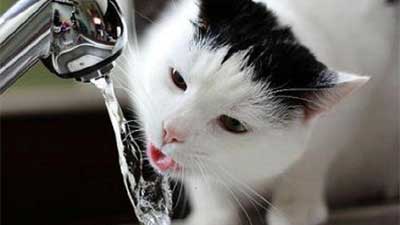 Help & AdviceHow Many Milliliters Of Water Should A Cat Drink A Day?
Help & AdviceHow Many Milliliters Of Water Should A Cat Drink A Day?